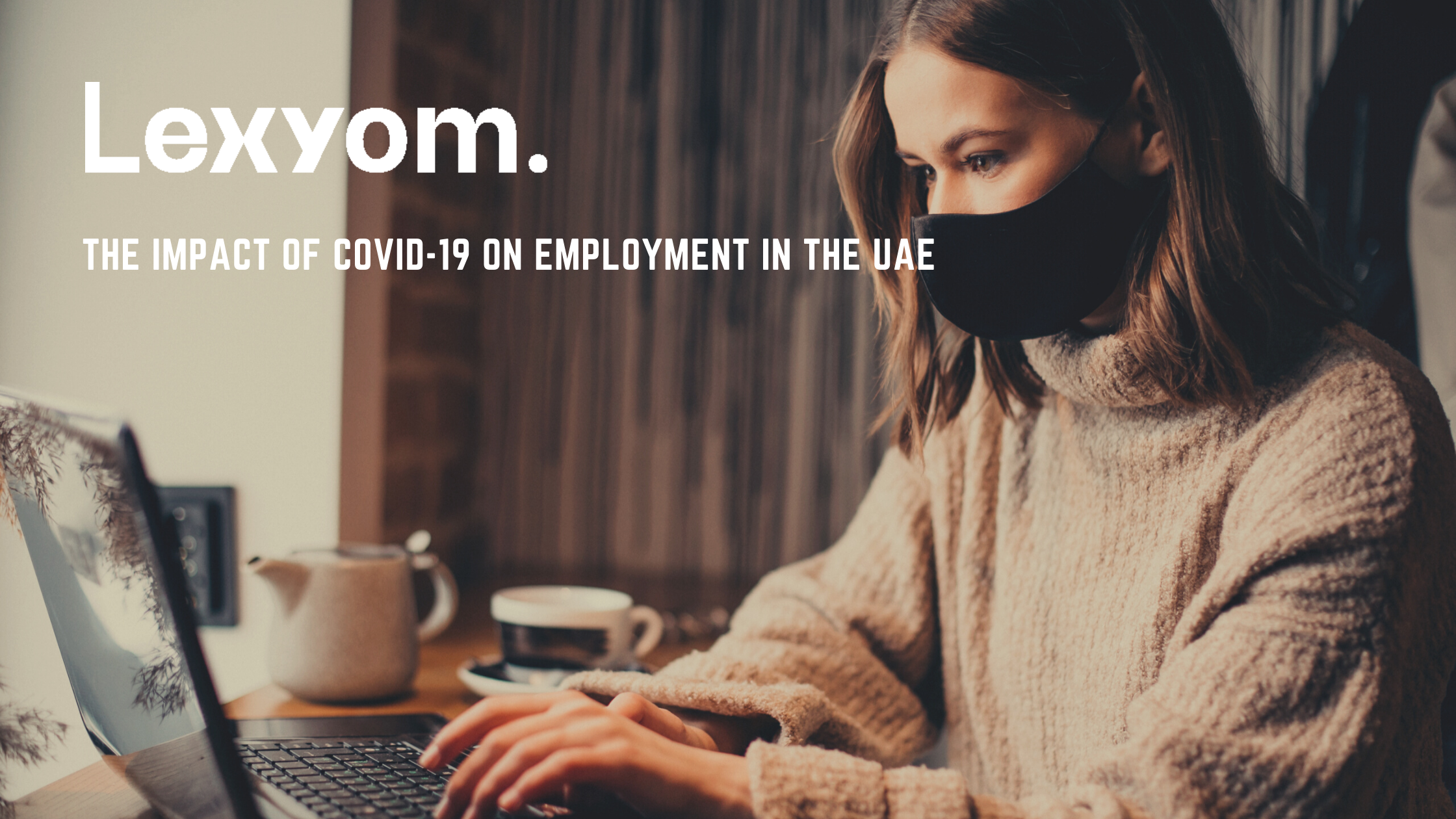Since the outbreak of Covid-19, the world economy shifted, and the crisis transformed into an economic and labor market shock. What is the impact of Covid-19 on employment in the UAE?
Like in any other country, all workers are worried about the future of their jobs and questioning all the possibilities.
- One of the many recurrent questions are leaves: paid and unpaid.
Under the UAE labor law, an employee is entitled to 90 calendar days of sick leave. The first 15 days are payable at full pay, the next 30 days at half pay, and the remaining 45 days are unpaid.
This brings rise to the following: is staying home during the Covid-19 considered as sick leave?
As aforementioned, the UAE law has only recognized the situation where the employee is sick and ultimately takes sick leave.
Consequently, if an employee is infected with the Covid-19, he is sick, and the sick leave provision is applied.
Aside from this, the labor law didn’t cover the situation where an employee isn’t sick, is not going to work, and cannot conduct his work from home.
In such situations, it is highly recommended to have an open discussion between the employer and employee to agree on the conditions applied in such cases.
- Another speculation may arise around whether the employer can ask an employee to take his annual leave or not.
Practically speaking, an employer cannot ask his employee to stay home and not work without paying him. Nevertheless, employers have a general duty that is to keep the workplace safe. Therefore, in events such as Covid-19, employers can legally require their employees to take their annual paid leaves.
It is worth mentioning that many businesses are considering unpaid leaves arrangements with their employees to reduce the financial impact of Covid-19.
- What about the cases where the employee cannot fulfill his contractual obligations due to the Covid-19 impact?
The first thing that an employee has to do is to check the force majeure clause in his contract. After all, it is the contract that governs the relationship between the employer and employee.
In case of the absence of express contractual force majeure provisions, the UAE Civil Code contains several articles that provide relief. In the case of force majeure, it includes other exceptional circumstances such as article 273, which stipulates the following:
“In contracts binding on both parties, if force majeure supervenes which makes the performance of the contract impossible, the corresponding obligation shall cease, and the contract shall be automatically canceled.
In the case of partial impossibility, that part of the contract which is impossible shall be extinguished. The same shall apply to temporary impossibility in continuing contracts. In those two cases, it shall be permissible for the obligor to cancel the contract provided that the oblige is so aware.”
By the provision mentioned above, when an obligation’s performance is entirely or partially impossible, it shall be terminated. Therefore the defaulting party shall not be held liable.







